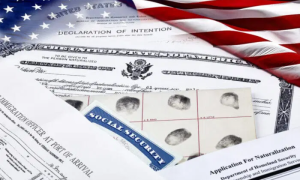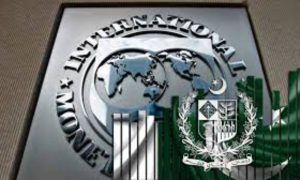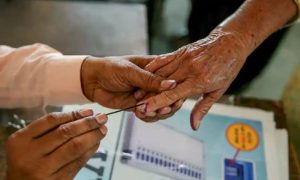Monitoring Desk
ISLAMABAD: The United States (UN) is going against the rules of international trade by labeling imports from Hong Kong as those from China, the World Trade Organization (WTO) ruled on Wednesday.
The World Trade Organization (WTO) ruling addressed a decision under the administration of former president Donald Trump after Beijing imposed a sweeping security law on the financial hub in 2020 to end the disagreement. Trump struck back by removing special trading privileges for the city. In response to the complaint, US customs officials later stated that items produced could no longer have the “Made in Hong Kong” label. Hong Kong has argued that such a move ignored its status as a separate member of the World Trade Organization (WTO), violating trade rules.
The World Trade Organization (WTO) dispute settlement body’s panel declared on Wednesday that the origin marking requirement was “not justified” by international trade laws. The report continued by stating that the US “had not proved that the situation represents an emergency in world affairs.
United States criticises WTO announcement
Washington strongly criticized the outcome. United States (US) Trade Representative spokesperson Adam Hodge said that the country “strongly rejects the flawed interpretation and conclusions” of the panel report. Hodge said that the US was responding to China’s “highly concerning actions,” also threatening US national security interests. He was of the view that the US does not have a plan to remove the marking requirement due to the latest report. Hodge added that national security matters could not be considered in WTO dispute resolution, and the WTO has no power to question a WTO Member’s ability to deal with what it considers a threat.
However, Hong Kong’s Secretary for Commerce and Economic Development praised the WTO ruling and called Washington to reverse course. Algernon Yau told reporters, “It was discriminatory and irrational and a major breach of the WTO’s regulations,” adding that the change had “confused customers.”
























